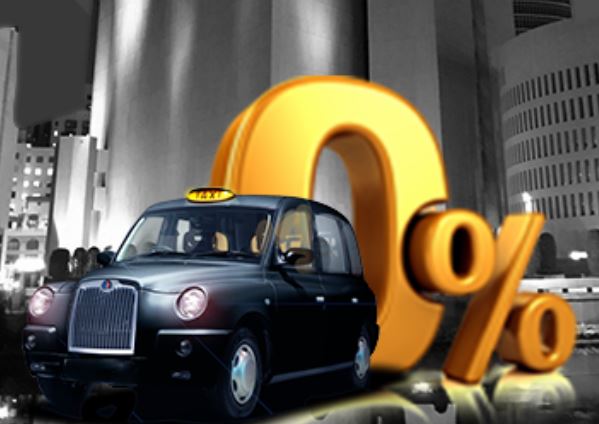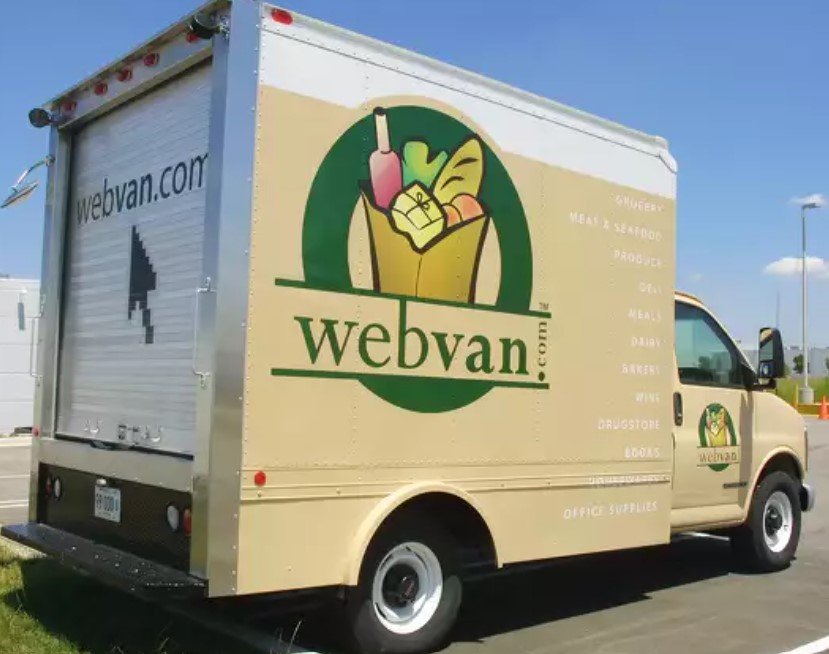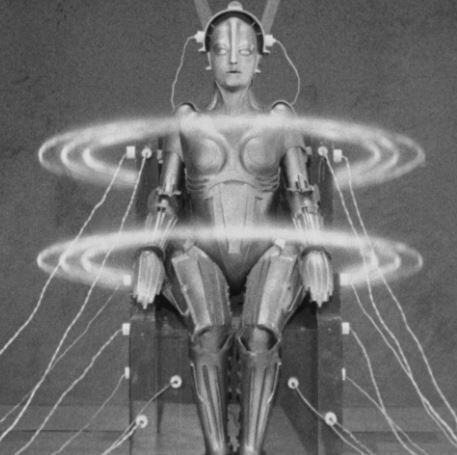The New Dinosaurs

In May I was invited to attend Pitch Day at Draper University in San Mateo. This is a private, for-profit school founded by venture capitalist Tim Draper, teaching business and entrepreneurship principles during a 5-week immersive program. Most participants are from outside the US - the cohort of 52 students I met consisted mostly of entrepreneurs from the Middle East and Africa.
These startups are very early and not yet ready for investment. But after listening to 52 pitches, two things struck me:
Local entrepreneurs are going to be the best at applying technology to solve the problems within their communities. And the list of solutions that can improve efficiencies in their local markets is endless. Internet of Things meets the rest of the world!
The key technology stack that will make this happen is blockchain. These entrepreneurs talk about blockchain the way Silicon Valley entrepreneurs roll "machine learning" off their tongues. For those that have to start from scratch, without data, blockchain is the next technology extension
Silicon Valley thinks of data as the source for competitive advantage. There is constant talk of the data flywheel: those that get it spinning first get all the users, which then generate more data, providing an insurmountable head start that keeps away new entrants. Platforms such as Google and Facebook are great examples. The data these companies have accumulated has become extremely valuable. As they say in the business, "you are the product, not the customer."

Now enter blockchain, which decentralizes the data store. In the future, our personal profile and trusted friend network may not be stored on Facebook, but in the blockchain. If I want to enter the ride-sharing business as a driver or I need a ride as a passenger, I might create a profile on the blockchain, not at Uber. The beauty about the blockchain is that everyone who is a part of the network can share in the value being created. At the Draper University event, Hustle described how its blockchain-based ride hailing application will not require the driver to pay a "cut" from the passenger revenue collected. The drivers get it all - in fact, both drivers and passengers participate in the value created as the network grows. Tech meets Bernie Sanders!
Early implementations of blockchain technologies were full of hype and hucksters, peddling shady currencies or worthless Initial Coin Offerings that raised hundreds of millions for founders that disappeared soon after. But now it may be time to start paying attention.

As I heard the entrepreneur pitches, I was reminded of my time running software development teams in both the US and China a decade ago. Back then, we were hyper-vigilant about the Chinese team "polluting" our legacy software stack with open source code. To the Chinese, reusing (and maybe improving) code found on the Internet seemed natural, in fact, for many it was necessary since they couldn't afford to buy expensive development environments like Microsoft Visual C++. To us, it felt like a reckless shortcut that could kill our own lucrative software licensing business. Today, pretty much everyone is sharing source code and even Microsoft has given up on this tsunami - last year it paid $7.5B to acquire the open source repository Github.
For those that cannot afford to buy into the vast corporate data stores created by the Silicon Valley tech giants, blockchain can be a similar answer as open source software movement was to budding application developers 15 years ago. Does that make Google, Facebook, and Uber the next dinosaurs? It might, if these companies don't embrace this disruptive new trend and start to adapt their business models. Perhaps IBM or Microsoft could provide them some advice on how to stay relevant as technology goes through the next generational change...
Previous Blog Entries




























